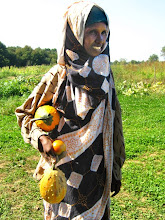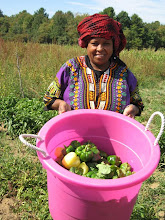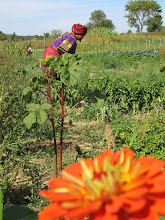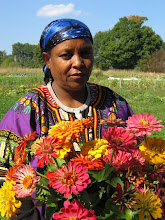Living within a racially isolated state like Maine with a population that is 96.5% White, and only 1% Black, makes it easy to know very little about the small percentages of other cultures that are represented. Through the news and media I have been aware of the African and Somalian presence within some larger cities in Maine. I attended two separate demonstrations in support of the African presence in Maine, these were my first introduction to the African culture in Maine. At these demonstrations I can remember seeing dances, clothing, and culture that seemed strange to me at the time. It was new and different from the whitewashed Maine culture I was used to seeing, which is what first sparked my interest in this topic. I can remember thinking about how different they were from all the people I knew and wondering about their lives.
There have been tensions stemming from the religious, and cultural differences between the somalis and the general population of Lewiston in the past, such as a pigs head being thrown into a mosque while the faithful were praying. Events as extreme at this are not common, but a negative view towards the refugees unfortunately is. In 2006 it was estimated and published in New York Magazine that over 50% of Somali immigrant adults were currently unemployed, ever 5 years after their arrival in Lewiston. This feeds the belief that many local people share that they are only using Maine for the welfare money and affordable housing. Though some of this may be true in some scenarios it is not true in all. Many refugees cannot and find good jobs because they do not have the skills to be in a competitive work environment. There are also many language and cultural barriers between refugees and immigrants and their fellow citizens. Often a lack of knowledge about a culture on the part of an employer can affect their chances of getting the job.
The extreme change and devastation that has taken place within the lives of many refugees is not to be believed and can take a large toll on their role in society ever after. Many current residents of Lewiston lived in refugee camps for months, if not years. Though these camps are set up to help people recover from the trauma of war, they often have very debilitating effects. People are living in an unreal setting where everything is provided for them, though conditions are not the best, people do not have jobs to pay for the food they eat or the homes they live in. This leaves refugees who are used to a life of handouts that they rely on for survival, so when exiting a refugee camp and looking for a new life and new opportunities it is understandable that they might look for a new home that replicates the camp in affordable housing and welfare.




